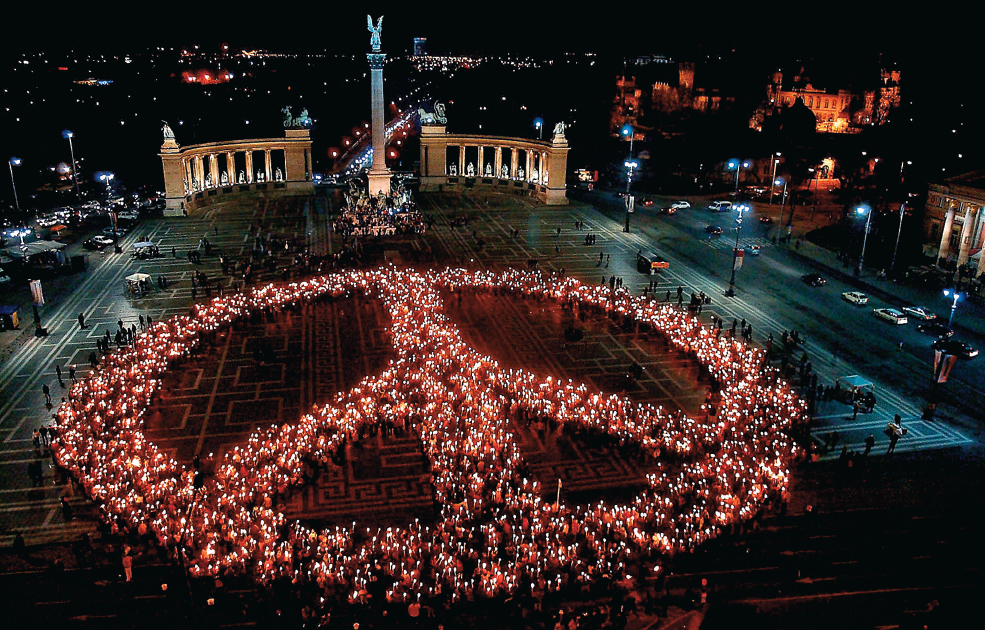Promoting Human Rights
Though regional differences persisted in the twenty-

European leaders and humanitarians believed that more global agreements and new international institutions were needed to set moral standards and to regulate countries, leaders, armies, corporations, and individuals. In practice, this meant more curbs on the sovereign rights of the world’s states, just as the states of the European Union had imposed increasingly strict standards of behavior on themselves in order to secure the rights and welfare of EU citizens.
Europeans also broadened definitions of individual rights. Having abolished the death penalty in the EU, they condemned its continued use in China, the United States, and other countries. At home, Europe expanded personal rights. The pacesetting Netherlands gave pensions and workers’ rights to prostitutes and provided assisted suicide (euthanasia) for the terminally ill. By 2013, nine western European countries had legalized same-
Europeans extended their broad-
The record was not always perfect. Critics accused the European Union (and the United States) of selectively promoting human rights in their differential responses to the Arab Spring — the West was willing to act in some cases, as in Libya, but dragged its feet in others, as in Egypt and Syria. Attempts to extend rights to women, indigenous peoples, and immigrants remained controversial, but the general trend suggested that Europe’s leaders and peoples alike took very seriously the ideals articulated in the 1948 UN Universal Declaration of Human Rights.
>QUICK REVIEW
What factors contributed to strains in U.S.-European relations in the decades following 1989?